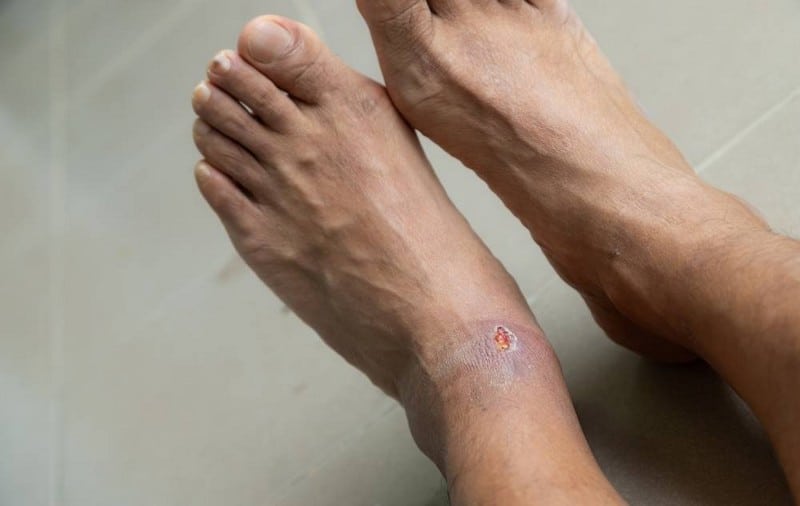Slowed Healing

Over the last decade, it has become abundantly clear that stress can significantly slow the healing process of wounds; stressors ranging in magnitude and duration impair healing in both humans and animals. The skin is the body’s largest organ and the immune system’s first line of defense. Its primary function is to prevent bacteria, viruses, and other exogenous antigens from entering the body while restricting water flow into and out of the body. As a result, the capacity of the skin to heal wounds rapidly and effectively is critical to maintaining a healthy state.
Immunity at the cellular level is severely compromised, and the entire chemical cascade required for healing is disrupted. When there is an excess of cortisol in the body, the high levels inhibit the production of anti-inflammatory substances known as cytokines. These hormones can slow the delivery of healing-promoting substances, such as cytokines, to the area where the injury occurred. However, if the process is slowed at the outset, the wound will take much longer to heal, which could have severe consequences for post-operative patients. As a result, the injured area remains inflamed and heals very slowly.










